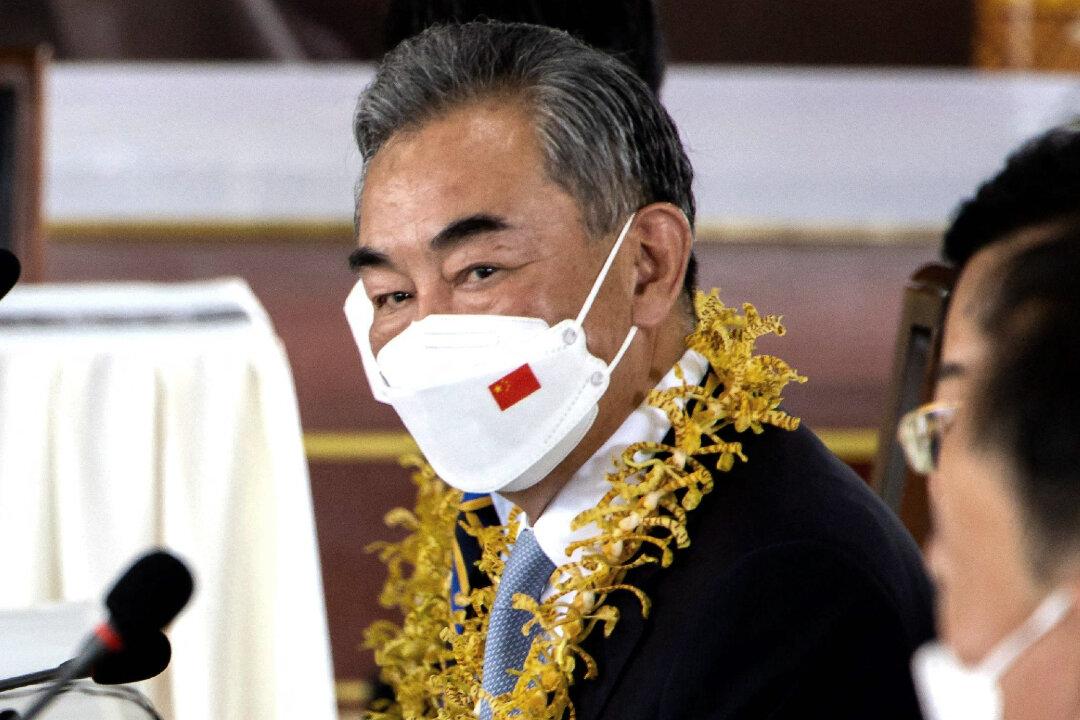China inked a deal with the Pacific island nation of Samoa on Saturday to deepen diplomatic ties, as China’s ruling communist party (CCP) and democratic nations in the region continued rival campaigns to woo undecided governments into their competing sphere of influence.
The China-Somoa agreement is the first deal signed by Chinese foreign minister Wang Yi on Day Three of a 10-day tour to eight Pacific countries. The move has brought concerns to Australia and other U.S.-allies in the Indo-Pacific who view the tour as part of the CCP’s ongoing push for greater influence in the Pacific region, laying the groundwork for an eventual military expansion.




